
7 Warning Signs of a Heart Attack You Can Spot Up to a Month Before—And the One Deadly Sign You Must Never Ignore
7 Warning Signs of a Heart Attack You Can Spot Up to a Month Before—And the One Deadly Sign You Must Never Ignore
Heart disease remains the leading cause of death in many developed countries, but your body often provides warning signals long before a full-blown emergency.
Here is a guide to the signs of an immediate emergency, the health markers you must control for prevention, and the single most critical red flag that requires immediate medical evaluation.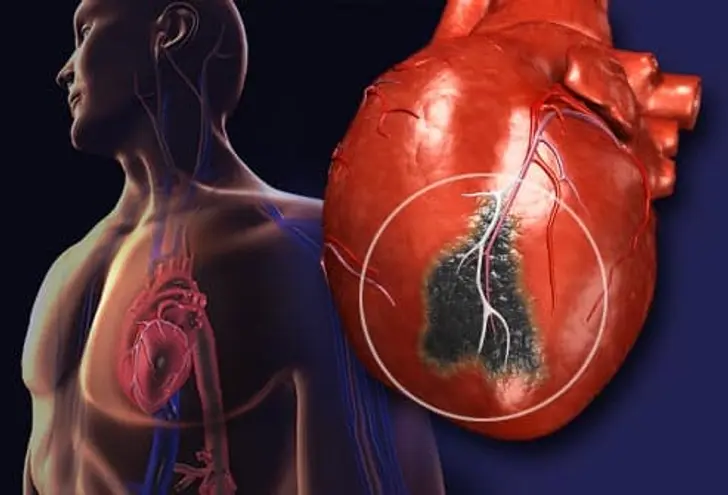
Key Takeaways
-
The Emergency Signs: Classic heart attack symptoms often involve pain, but can also manifest as nausea, cold sweat, shortness of breath, or intense anxiety.
Seek emergency care immediately if you experience these. -
Prevention is Control: Proactive defense involves monitoring key risk factors: blood sugar, blood pressure, inflammation, cholesterol, thyroid function, activity level, and smoking status.
-
The Most Telling Sign: Angina—chest pain that appears during physical exertion and disappears with rest—is a major red flag for blocked arteries and should never be ignored.
The 7 Major Signs of a Heart Attack (Seek Emergency Care NOW)
A heart attack can present in varied and subtle ways.
-
Chest Pain, Pressure, or Discomfort: This is the most common symptom, often described as an intense pressure, tightness, squeezing, or burning sensation. It signals that a part of your heart muscle is being starved of oxygen due to a blocked artery.
-
Numbness or Discomfort in Other Areas: Pain can radiate to your upper body.
The classic sign is an ache or numbness down your left arm, but it can also appear in the jaw, back, neck, or stomach. -
Nausea and Vomiting: Feeling intensely sick to your stomach is a very common heart attack symptom, particularly in women.
The stress on your heart can affect the vagus nerve, which influences digestion. -
Dizziness or Lightheadedness: An ineffective heart cannot pump enough oxygen-rich blood to the brain, causing you to feel dizzy, unsteady, or like you’re about to faint.
-
Breaking Out in a Cold Sweat: Suddenly sweating profusely when you are not exercising or in a hot environment is a significant red flag. Your nervous system is triggered into "fight-or-flight" mode, causing a cold, clammy sweat.
-
A Feeling of Intense Anxiety: Many heart attack patients report a sudden, overwhelming, and unexplainable sense of impending doom or intense anxiety.
-
Shortness of Breath: Feeling like you can’t catch your breath, even when you are at rest. This occurs because the heart's inability to pump efficiently causes fluid to back up and leak into the lungs.
7 Critical Risk Factors You Need to Control
Prevention is the best defense. Proactively managing these seven risk factors with your doctor is crucial for long-term cardiovascular health.
The Single Most Important Warning Sign: Understanding Angina
This is the single most crucial warning your heart can give you, and it's frequently ignored because the pain subsides.
Angina is chest pain or discomfort that is reliably triggered by physical activity or stress and goes away completely with rest.
Why It's Deadly to Ignore
Angina is your heart screaming for help. It signals a partially blocked artery. When you exert yourself, your heart demands more oxygen, but the blockage prevents sufficient blood flow, causing pain.
People mistakenly think, "The pain is gone, so I'm fine." In reality, angina means you have significant underlying coronary artery disease and are at high risk for a full-blown heart attack where the artery becomes completely blocked.
If you experience pain that consistently follows this pattern, you must see a doctor immediately.
Your health is in your hands. By understanding these emergency signs and proactively managing your risk factors, you can build a strong foundation for long-term cardiovascular health and ensure you never ignore the one warning sign that could save your life.
News in the same category


Right-Side Abdominal Pain in Women: Could It Be Gallstones?

Everything You Need To Know About Nail Pitting
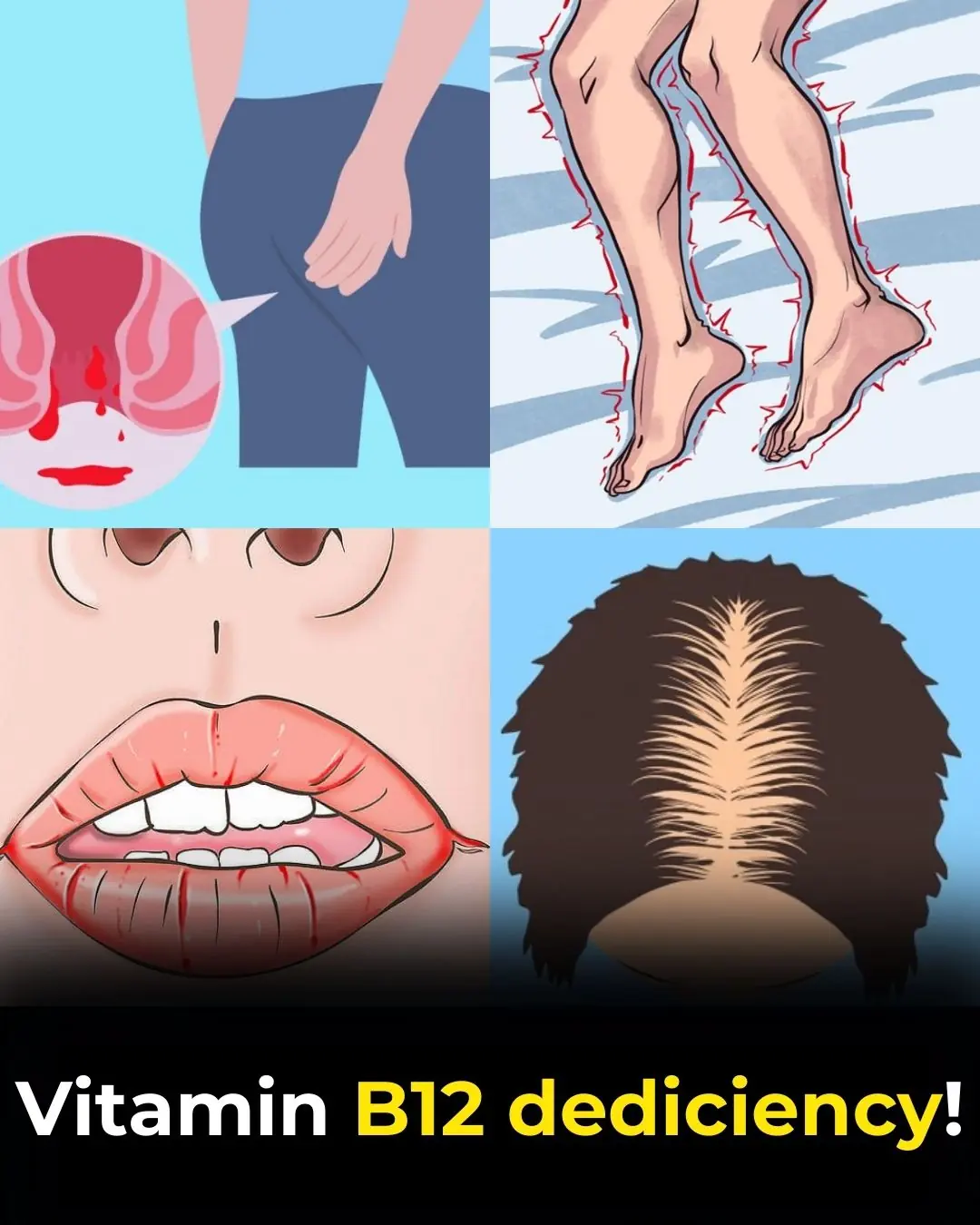
🧠 8 Strange (But Real) Signs Your Body Is Begging for More Vitamin B12 – Don’t Ignore These Red Flags
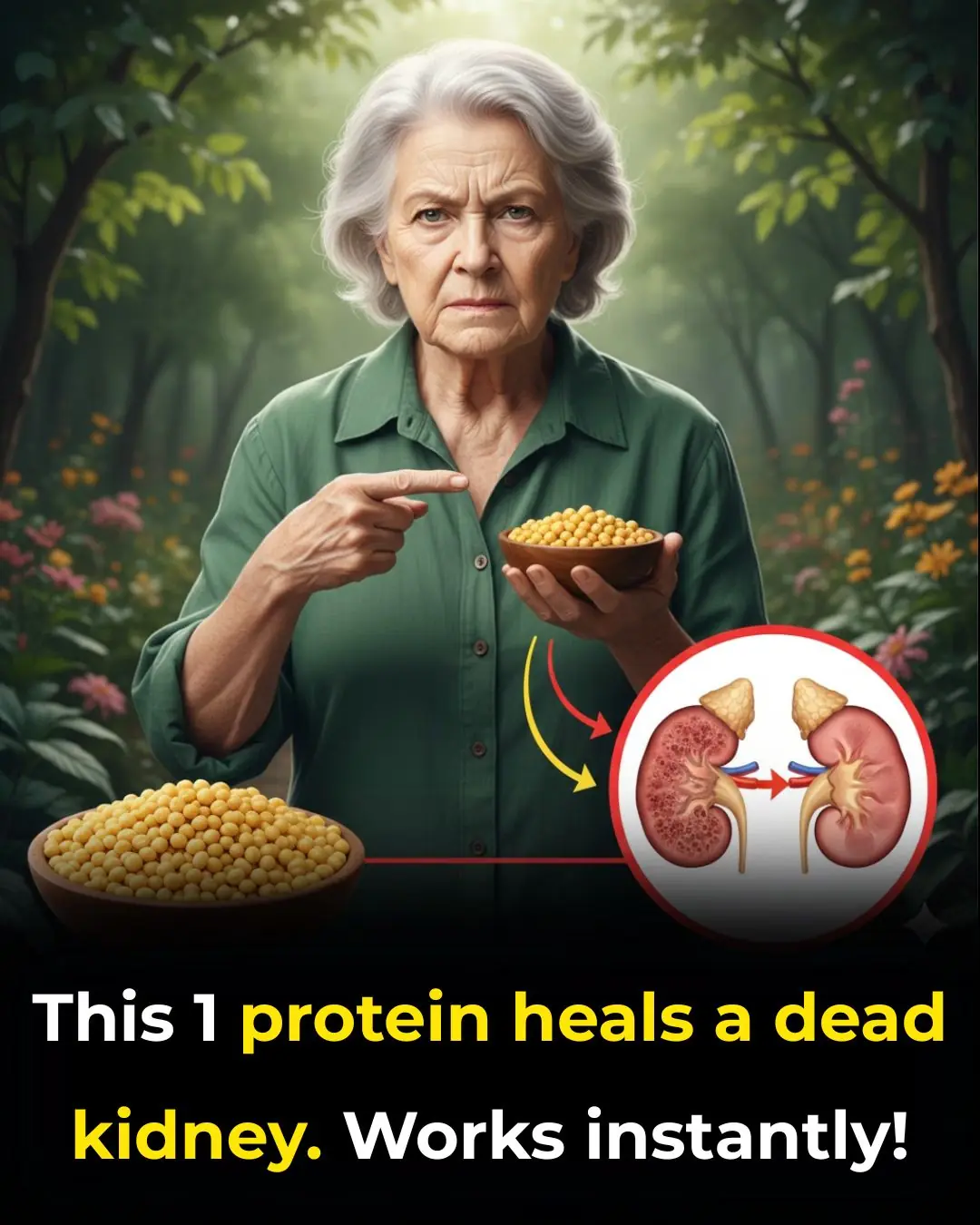
Discovering Smart Protein Choices: 4 to Include and 5 to Limit for Kidney Health Support

How I Improved the Appearance of My Legs: Smoother, Brighter & Healthier-Looking Skin with Simple Habits

Discover 5 Everyday Foods That May Increase Cancer Risk and Simple Swaps for Better Health
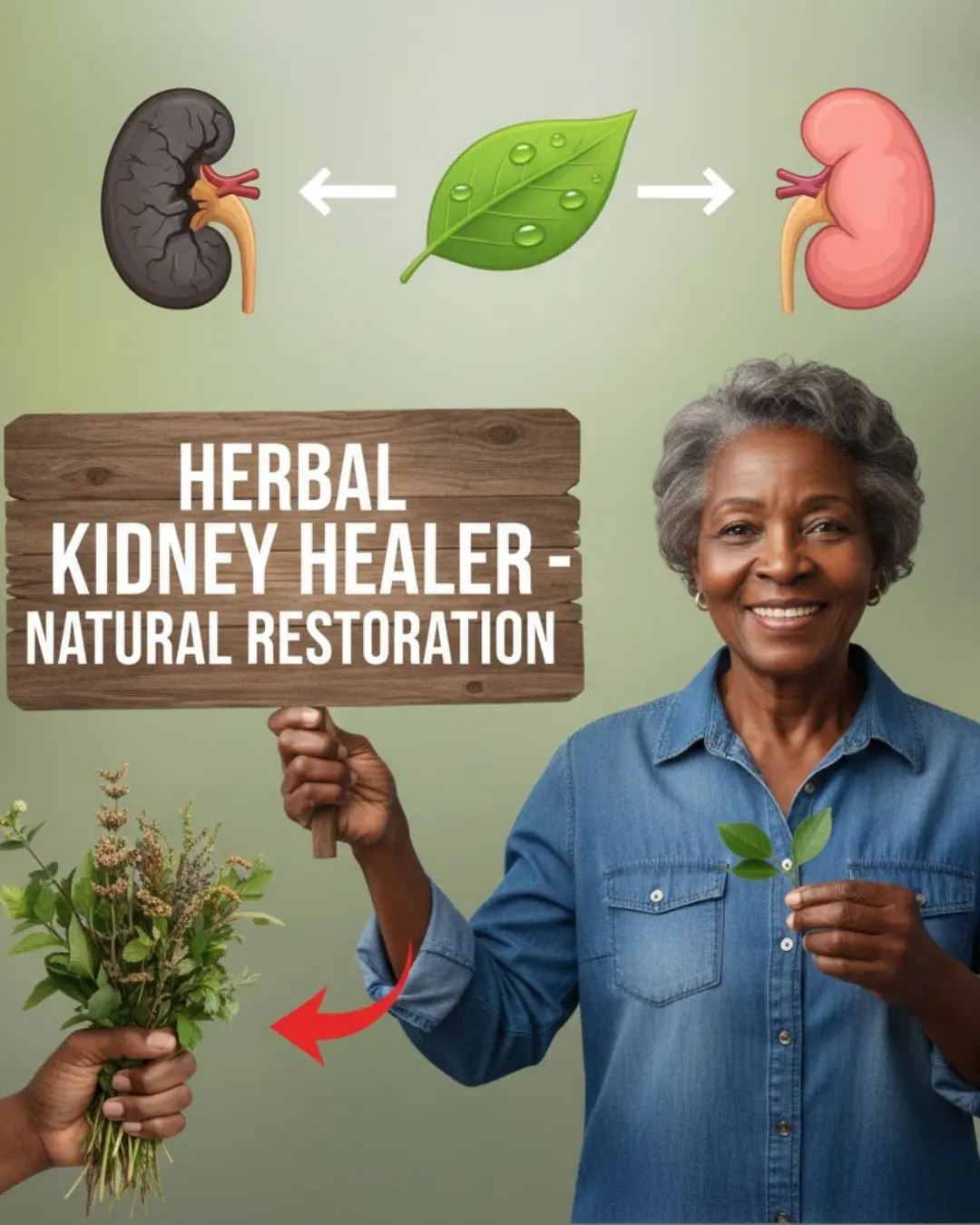
Discover Everyday Herbal Habits That Can Help Support Your Kidney Health Naturally
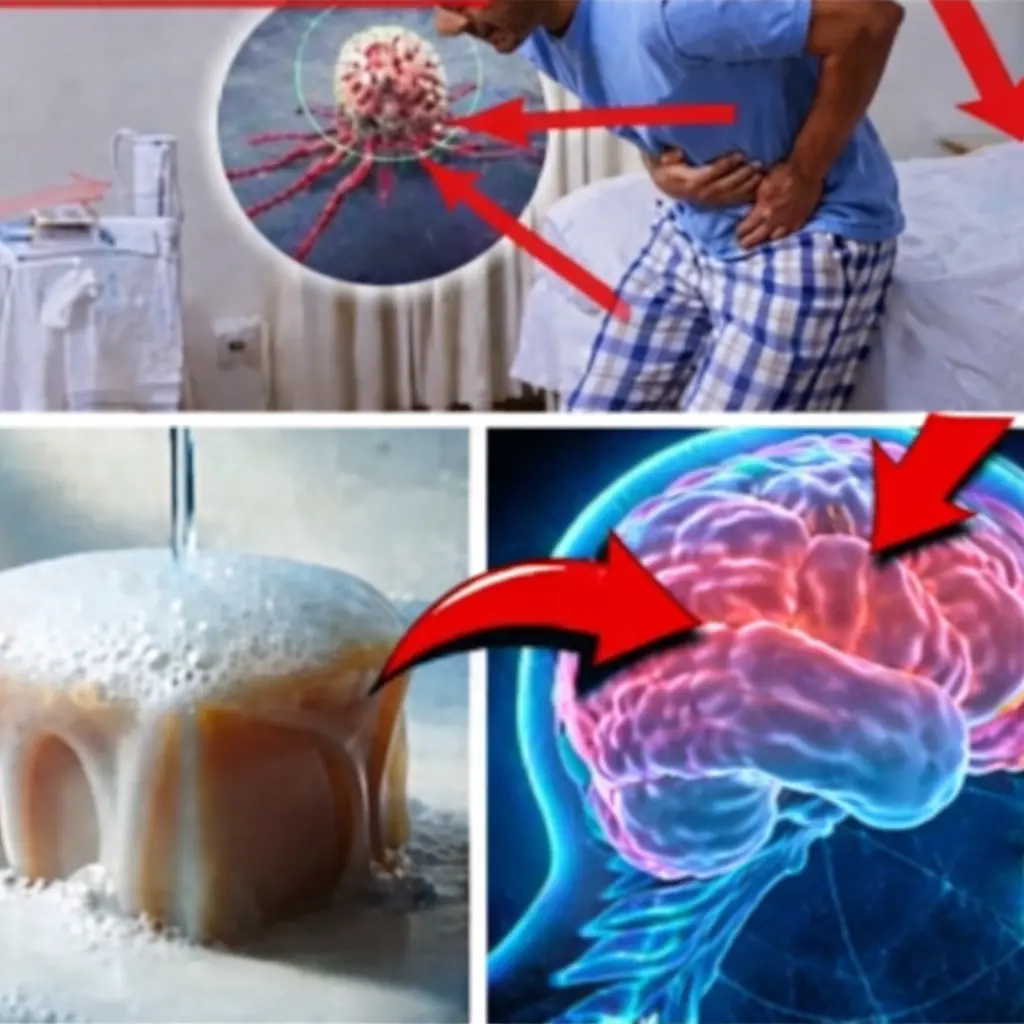
Danger at home! 8 household items that could harm your health lp

Discover a Simple Homemade Recipe with Lemon, Ginger, and Honey to Naturally Support Your Eye Health

Doctors Reveal That Eating Broccoli Regularly Leads To pu

How To Identify Skin Tags and When To Remove Them
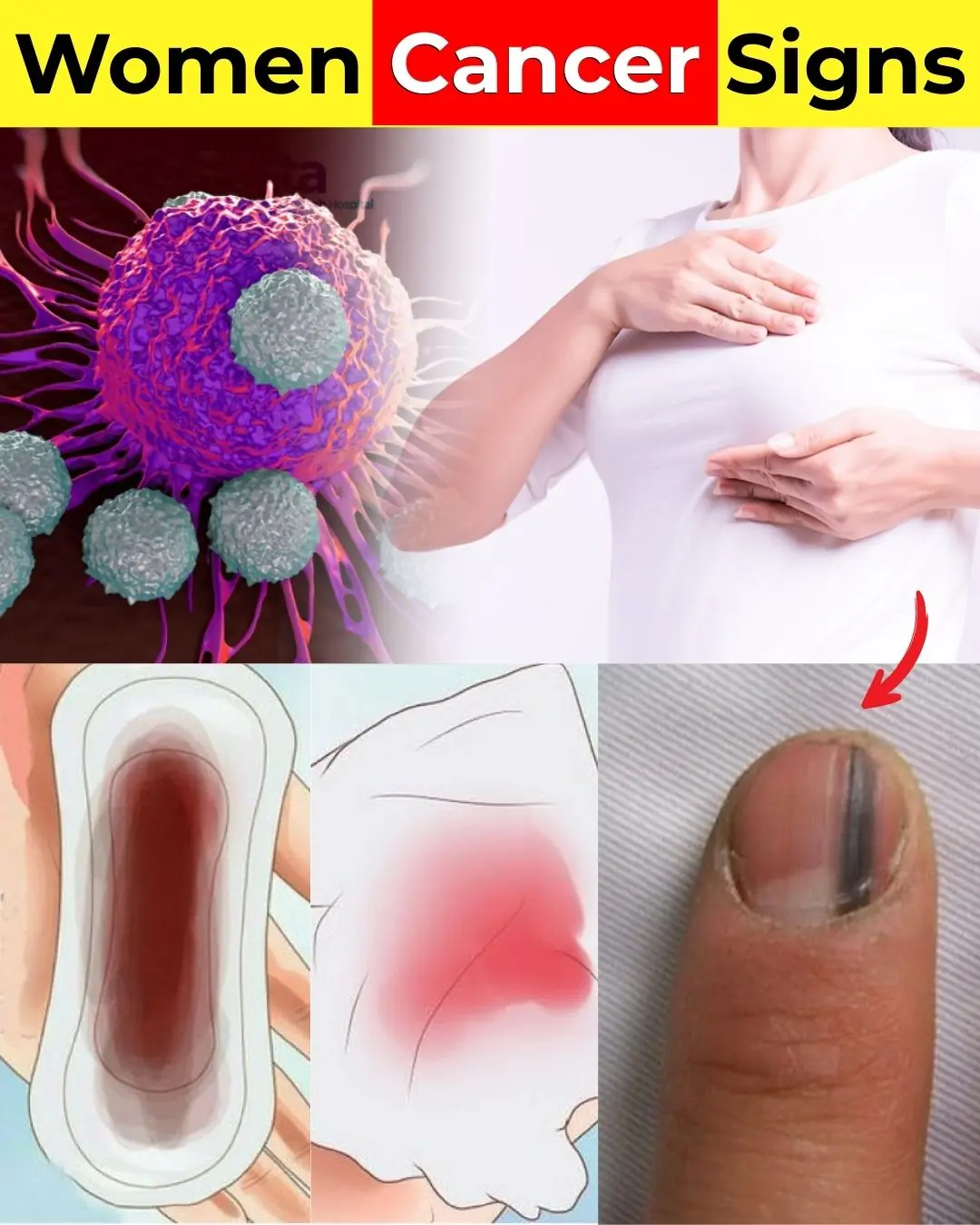
14 Visible Signs of Cancer Most Women Ignore

When You Sleep Less Than Six Hours a Night

What Eating Oranges Can Really Do to Your Body

Can You Spot the Hidden Mistake in This Hospital Picture

Sida Acuta: Exploring the Healing Properties of this Herbal Remedy

Do you wake up several times a night to go to the bathroom? Discover the 5 mistakes that are ruining your sleep

Discover the Plant That Can Purify Your Blood, Renew Your Skin, and Cleanse Your Organs — But Only If You Use It This Way
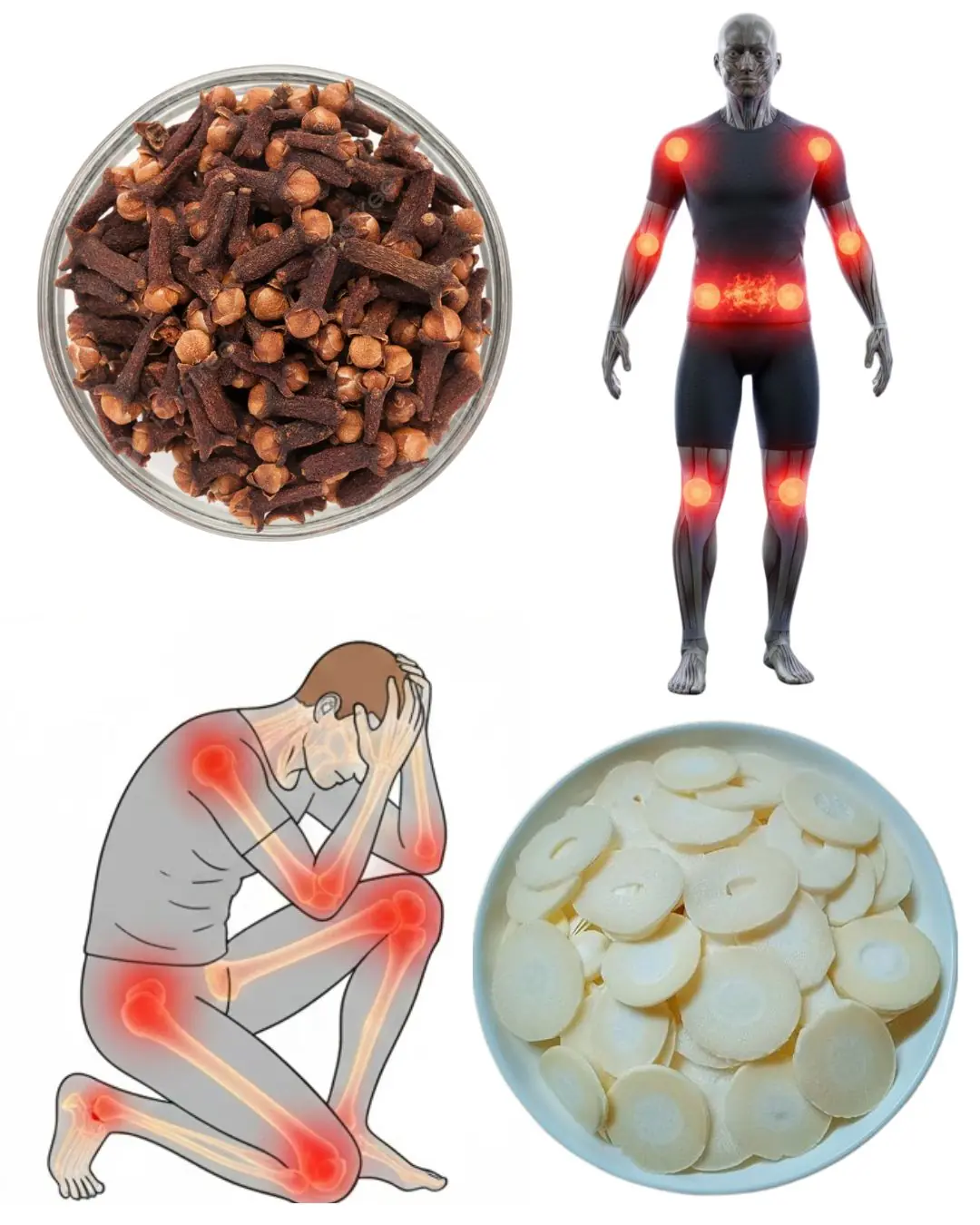
Garlic and Clove Oil: A Natural Approach Many Are Trying for Varicose Veins and Better Circulation
News Post

The Boy Who Stopped the Jet

I stood beside him when he took the microphone.
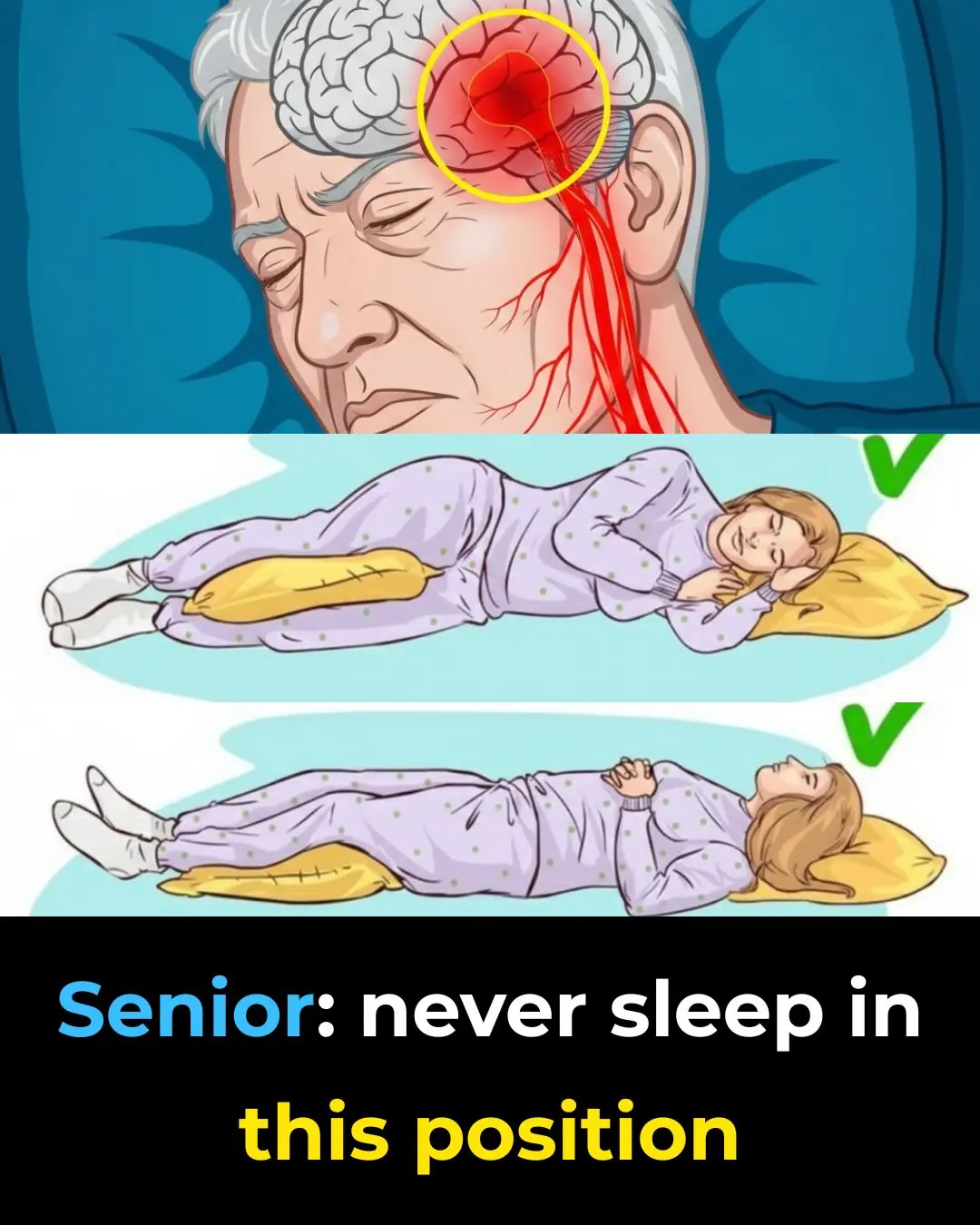
The Wisest Japanese Secret! Even at 70, You Look Like 35

Whiten Dingy Grout

8 Foods You Should Eat Instead of Taking a Vitamin C Supplement

Right-Side Abdominal Pain in Women: Could It Be Gallstones?

Everything You Need To Know About Nail Pitting

🧠 8 Strange (But Real) Signs Your Body Is Begging for More Vitamin B12 – Don’t Ignore These Red Flags

Discovering Smart Protein Choices: 4 to Include and 5 to Limit for Kidney Health Support

How I Improved the Appearance of My Legs: Smoother, Brighter & Healthier-Looking Skin with Simple Habits

Discover 5 Everyday Foods That May Increase Cancer Risk and Simple Swaps for Better Health

Discover Everyday Herbal Habits That Can Help Support Your Kidney Health Naturally

A fire swallowed my entire farm in a single night, leaving nothing but ashes and smoke behind

Danger at home! 8 household items that could harm your health lp

Discover a Simple Homemade Recipe with Lemon, Ginger, and Honey to Naturally Support Your Eye Health

Doctors Reveal That Eating Broccoli Regularly Leads To pu

They Invited the ‘Class Loser’ to the 10-Year Reunion to Mock Her — She Arrived by Helicopter

How To Identify Skin Tags and When To Remove Them

14 Visible Signs of Cancer Most Women Ignore
